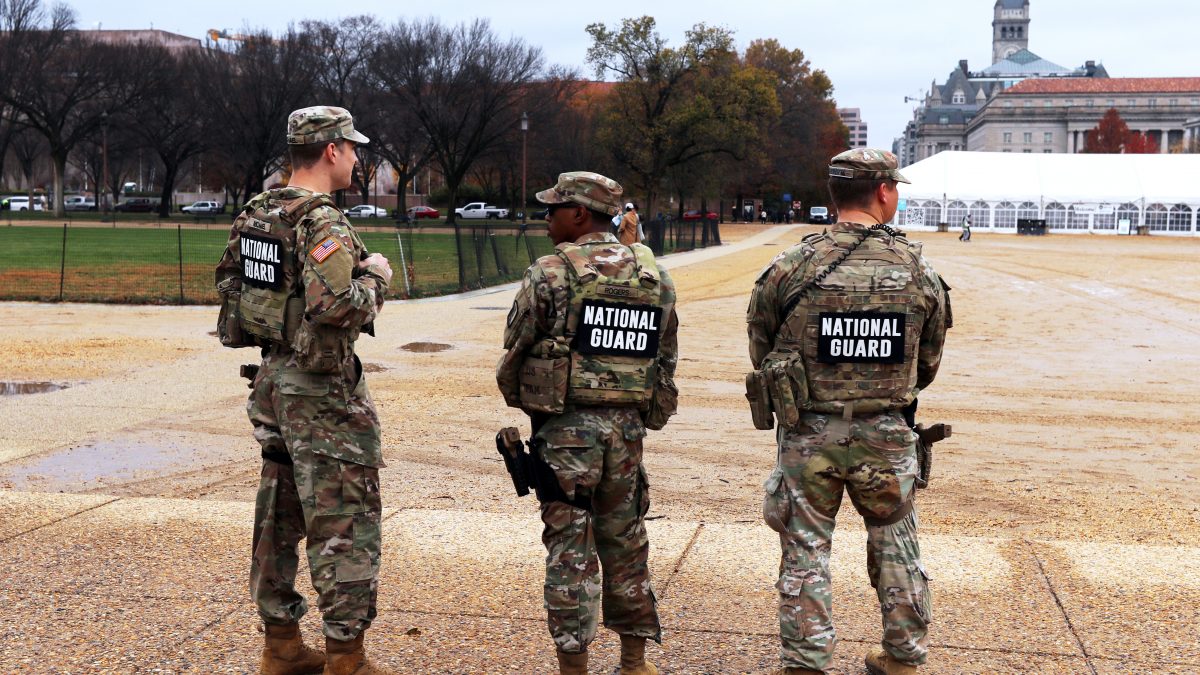The shooting of two members of the National Guard in the US capital has shone a spotlight on President Donald Trump’s controversial decision to station more than 2,000 troops in the city.
The deployment – like others ordered by Trump – has been challenged in court and was ruled unlawful, but the decision barring the troop presence has yet to take effect and could still be overturned on appeal.
Here is a look at the key facts behind the Washington deployment.
Why were they sent?
Trump ordered troops to Washington in August, claiming it was a “filthy and crime-ridden embarrassment,” despite local police statistics showing that violent offences were down in the overwhelmingly Democratic city.
The Washington deployment followed another in Los Angeles, California, earlier in the year, and came ahead of one in Memphis, Tennessee.
The cities to which Trump has deployed troops have all been led by Democrats, but the president has denied charges that he is strictly targeting areas run by his political opponents.
The Washington contingent is a mix of the DC National Guard, who make up a little less than half of the total, and troops from seven Republican-led states.
There are currently more than 2,100 troops in the US capital, and Defence Secretary Pete Hegseth said he would increase that number by 500 after the shooting.
What are they doing?
Troops have carried out a variety of tasks, from patrolling the National Mall and Metro stations to picking up trash, removing graffiti, spreading mulch and painting fencing.
Joint Task Force-DC (JTF-DC) – to which the National Guard members in the city are assigned – said the troops are meant to “provide a visible crime deterrent,” but that they would not “arrest, search, or conduct direct law enforcement actions.”
They were initially unarmed but began carrying weapons just weeks after Trump ordered the deployment.
Legal challenges
The attorney general for Washington DC filed a lawsuit in September seeking to end the National Guard deployment, and a federal judge ruled last week that Trump’s decision to send the troops was unlawful.
The judge ordered an end to the deployment, but stayed her order for 21 days to allow the Trump administration time to file an appeal.
Federal judges have also temporarily blocked the deployment of troops in two other Democratic-controlled cities – Chicago and Portland – and the Supreme Court is expected to deliver the final word soon on whether the actions are lawful.
Trump’s extraordinary domestic use of the Guard was also challenged by California earlier this year after the president sent troops to Los Angeles to quell protests sparked by the rounding up of undocumented migrants.
A district court judge ruled it unlawful, but an appeals court allowed the deployment to proceed.
)